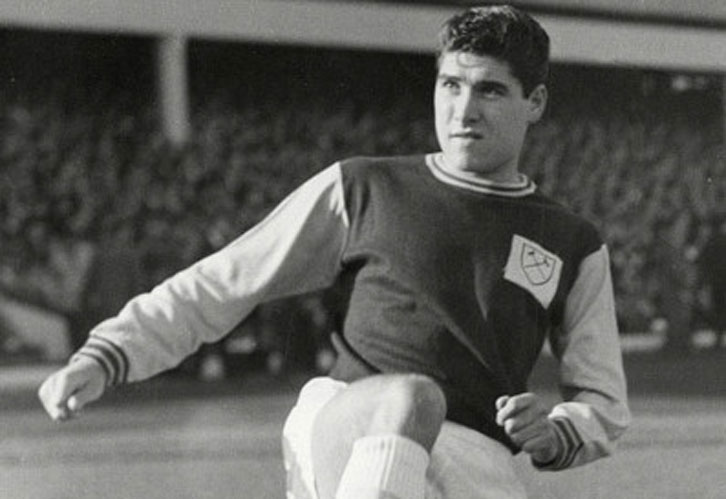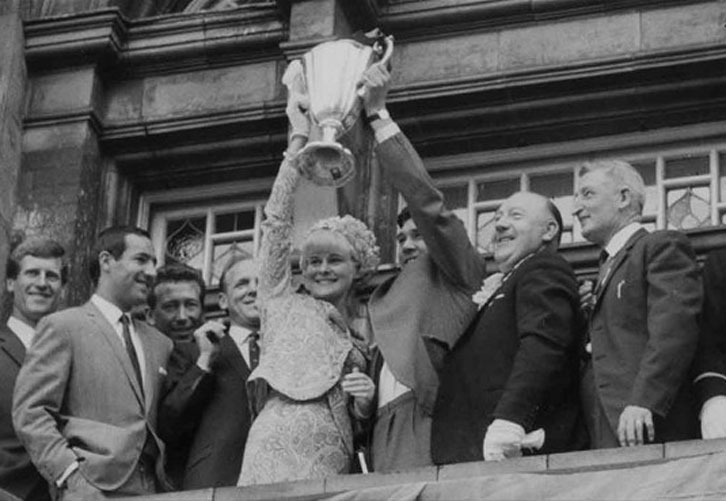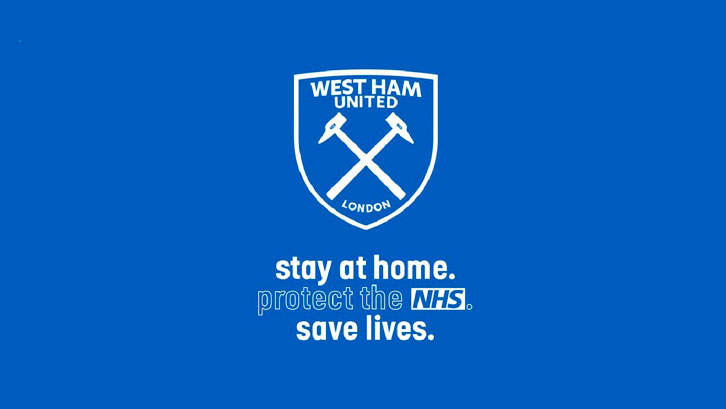Alan Sealey, the man who scored the goals which secured the biggest win in West Ham United’s history, was born on this day in 1942.
The late winger, whose brace at Wembley secured the European Cup Winners’ Cup with a 2-0 win over West German side TSV 1860 Munich in May 1965, would have celebrated his 78th birthday today.
Sealey’s sharp reactions and even sharper finishing were enough to win the Hammers the first and, so far, only continental title.
Born in Hampton in south west London, Sealey started his senior career with Orient, playing four times before making the short switch to the Boleyn Ground in a straight swap deal for Dave Dunmore in March 1961.
An unusual aspect of the transfer was that he was signed by the West Ham Board and not the manager. This was because the transfer happened in the short window between manager Ted Fenton leaving and Ron Greenwood joining the Club.

Despite scoring on his reserve-team debut against Cardiff on 1 April 1961 and making his first-team debut at Leicester City two days later, the presence of Peter Brabrook initially restricted Sealey’s opportunities. However, when those opportunities came around, he took them.
The outside right scored eight goals in his first 19 games in the First Division, helping the Hammers challenge at the top of the table in the first half of the 1961/62 season.
The goals continued to flow steadily, if not prolifically, over the next two seasons, before Sealey helped the Hammers win the International Soccer League in the United States in the summer of 1963.
After playing 22 times in 1963/64, but not in the successful FA Cup run, he was then given the chance to shine in the 1964/65 European Cup Winners’ Cup.
With Brabrook injured, the Londoner started seven of West Ham’s nine ties, scoring in the second-round win over Spartak Prague at the Boleyn Ground in November 1965 and, of course, twice in three second-half minutes in that famous Wembley win.

The first saw him collect a pass from Ronnie Boyce and slam the ball into the top corner, before doubling his tally with a close-range finish after Martin Peters had helped on Bobby Moore’s cross.
Unfortunately, he suffered a broken leg in a freak accident at Chadwell Heath just a week before the start of the 1965/66 season, and would play just five more times before joining Plymouth Argyle in 1967.
Sealey sadly passed away in 1996, aged just 53.
Now immortalised with a plaque at London Stadium and voted No38 of the 50 Greatest Hammers, his contribution to the history of West Ham United will never be forgotten, and rightly so.
